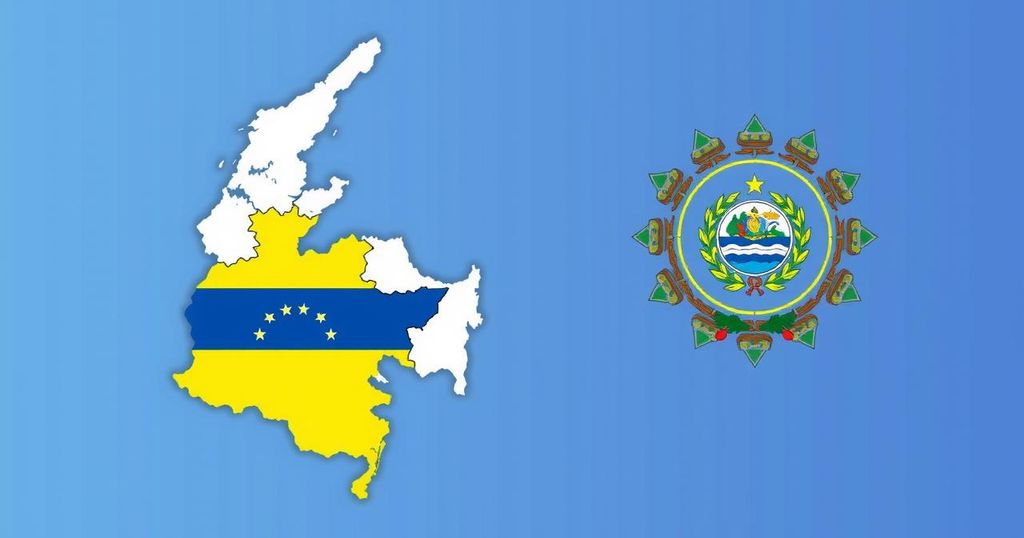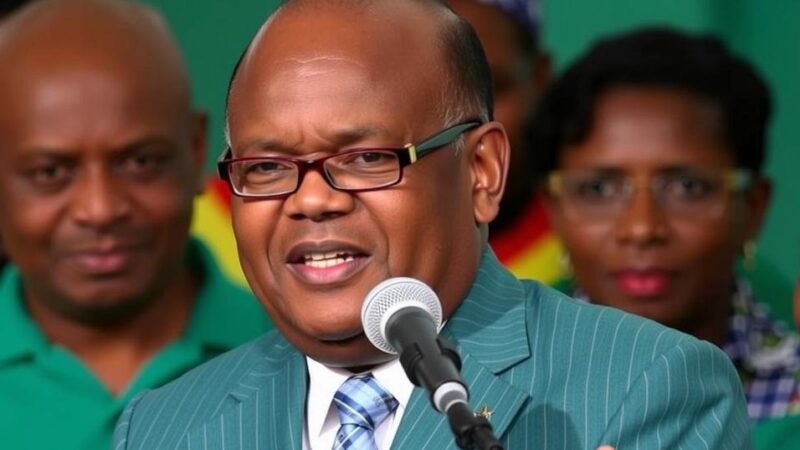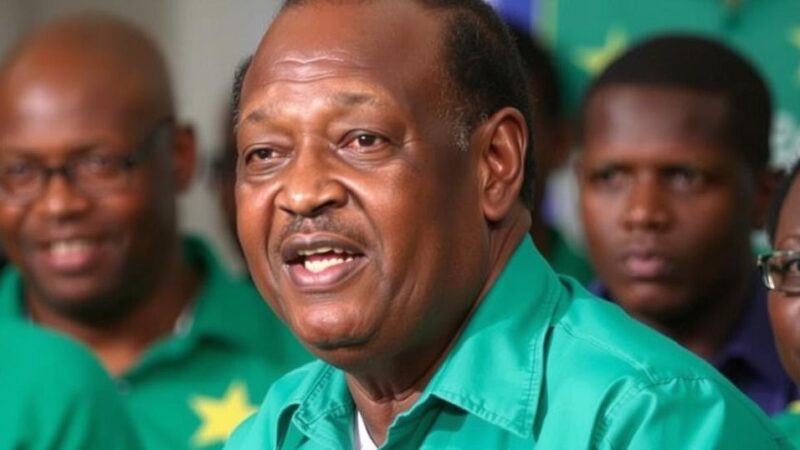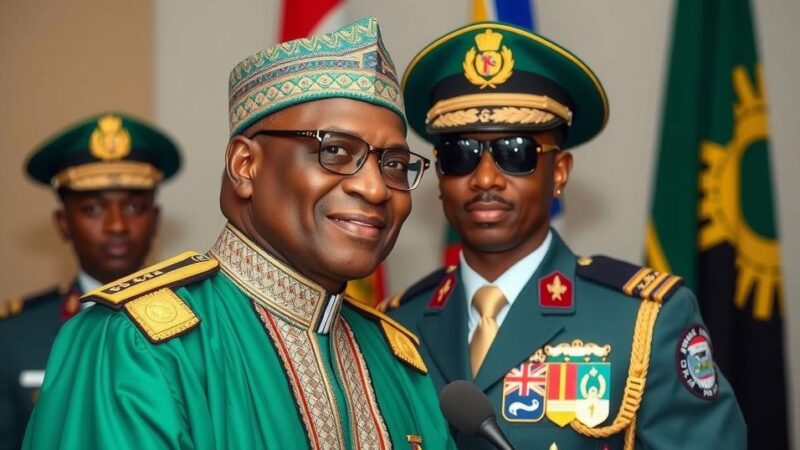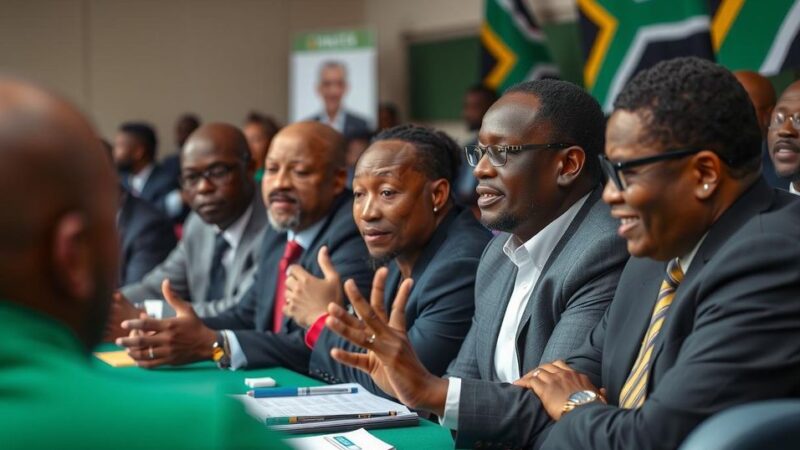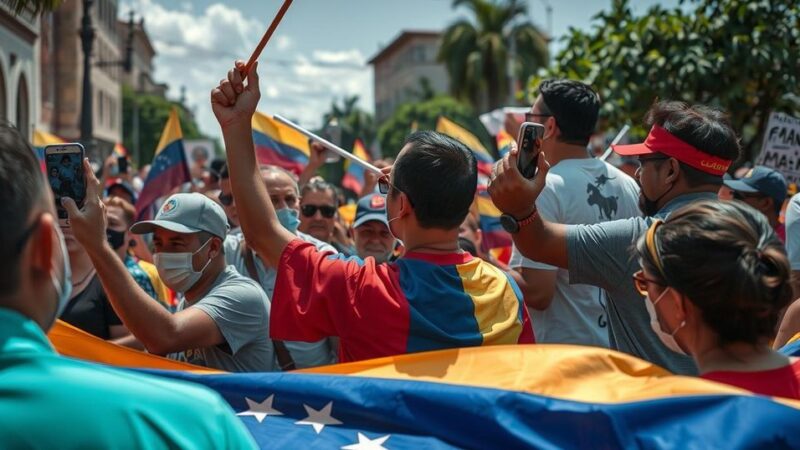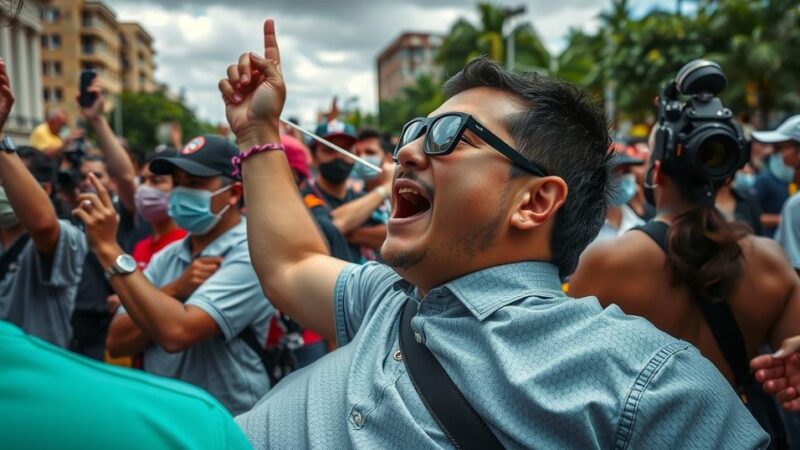Colombia has announced that it will not accept the reelection of Venezuelan President Nicolas Maduro unless official voting records from the disputed 2023 election are released by January 10, 2025. The Venezuelan CNE declared Maduro the winner, but allegations of fraud and claims from the opposition that their candidate won a significant majority challenge this conclusion. Other Latin American countries have also withheld recognition of the results, intensifying scrutiny of Venezuela’s electoral process.
Colombia has issued a firm stance regarding its recognition of Venezuelan President Nicolas Maduro’s reelection. In a statement made on Wednesday, Colombian Foreign Minister Luis Gilberto Murillo declared that Colombia would not acknowledge Maduro’s victory unless the Venezuelan government releases official records from the contentious election held earlier this year, no later than January 10, 2025, when Maduro’s current presidential term concludes. The Venezuelan National Electoral Council (CNE), which operates under Maduro’s authority, announced Maduro’s victory shortly after the polls closed in July, reporting that he secured 52 percent of the votes cast. Despite this declaration, a significant portion of the international community has disputed the legitimacy of Maduro’s reelection, aligning with opposition claims of electoral fraud. Opposition representatives have contested the official results, asserting that their candidate, Edmundo Gonzalez Urrutia, actually garnered two-thirds of the vote. The CNE’s suggestion that the opposition received 43 percent is met with skepticism, particularly after Gonzalez Urrutia fled to Spain amid what his party describes as politically motivated charges. Minister Murillo emphasized the clarity of Colombia’s position regarding recognition of the electoral outcome, stating, “the presentation of the (Venezuela voting) minutes must be made before the end of the current presidential term, on January 10, 2025. Elsewhere, as Mr. President (Gustavo Petro) has already expressed, Colombia will not recognize the results announced by Venezuela’s electoral authority,” communicated through a post on social media platform X. In response to Colombia’s stance, Venezuelan Foreign Minister Yvan Gil openly criticized Murillo, alleging that his performance in private meetings contrasts sharply with his public declarations, asserting that Murillo is influenced by external pressures. Furthermore, Gil has suggested that Colombia’s meddling in Venezuelan affairs will have repercussions. Brazil has also withheld recognition of Maduro’s reelection, citing the necessity for a comprehensive breakdown of election results. Other nations in Latin America, including Argentina and Peru, echo this sentiment, siding with the opposition’s claims of electoral victory. In light of the unrest following Maduro’s reelection, which has resulted in deaths, injuries, and numerous arrests, the situation continues to escalate in Venezuela.
The controversy surrounding Nicolas Maduro’s reelection as President of Venezuela centers on allegations of electoral fraud and a lack of transparency in the vote-counting process. Following the election, the Venezuelan National Electoral Council declared Maduro the winner within hours of polls closing, stirring significant skepticism both domestically and internationally. The opposition parties have vehemently contested the CNE’s claims, pointing to a breakdown in democratic processes and the heavy-handed response to dissent within Venezuela. Neighboring countries, particularly Colombia and Brazil, alongside the United States, have called for clearer and lawful disclosure of voting outcomes to validate the election results, aligning themselves with the opposition’s stance.
In summary, Colombia’s refusal to recognize Nicolas Maduro’s reelection hinges on the Venezuelan government’s commitment to publish a detailed breakdown of the election results by January 10, 2025. The CNE’s premature declaration of Maduro’s victory invites widespread skepticism, particularly among the international community, which has displayed solidarity with opposition claims of electoral fraud. The ongoing political unrest in Venezuela, marked by protest crackdowns and accusations against the electoral authority, remains a pivotal issue affecting regional relations and democratic integrity in Latin America.
Original Source: www.barrons.com

